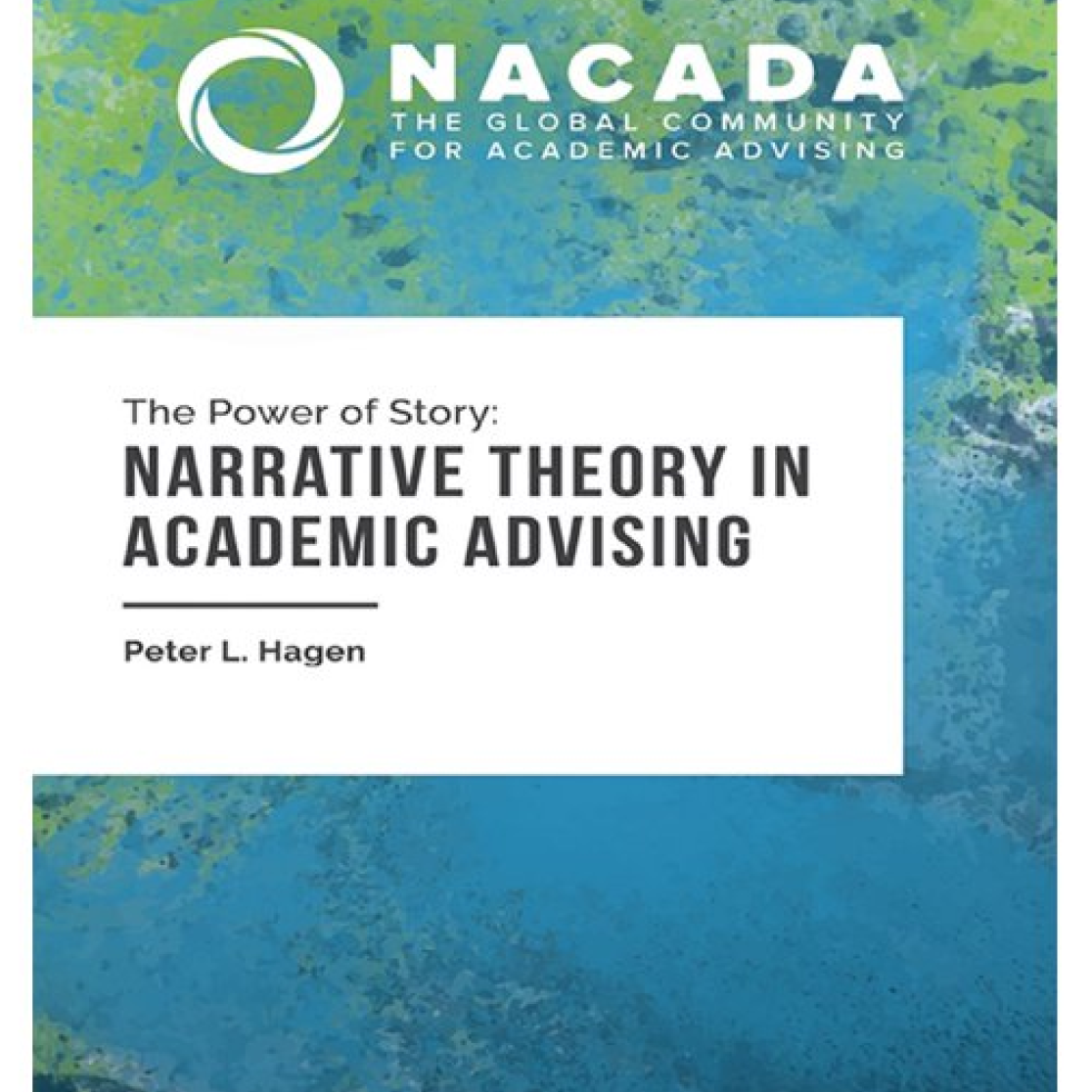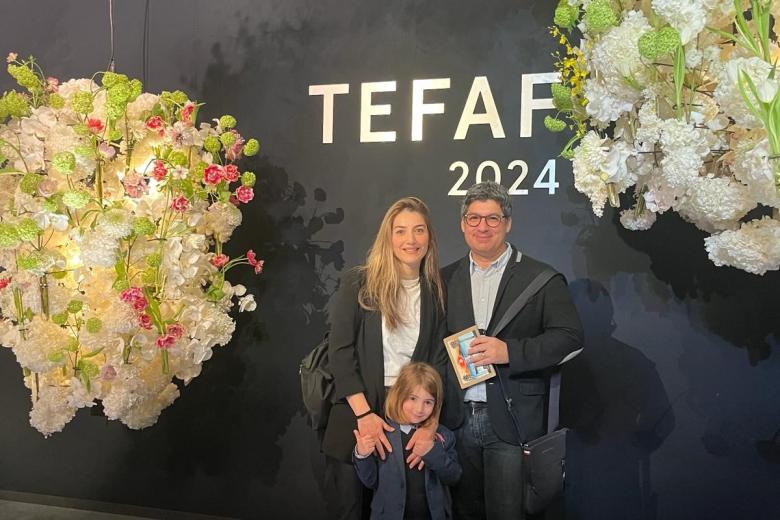Encourage students to ‘write the story of their education’, says academic advising specialist Peter Hagen
Under 350: Book review
A review in less than 350 words by Oscar van den Wijngaard, Project Manager Education Development
Selected book: Peter L. Hagen. 2018. The power of story: narrative theory in academic advising. Manhattan, KS: NACADA The Global Community for Advising

Core message
Narrative theory provides a strong basis for advising and mentoring. Built around the metaphor of students writing ‘the story of their education’, Hagen shows how narrative theory offers a rich toolkit that can be applied in very concrete ways, all revolving around the idea of helping students become the author of their own, individual story. All stories share basic elements like context, plot, style and theme. Those plots come in several distinct flavours, illustrated by Hagen with stories we all know from literature and popular culture, such as rags to riches (e.g., Aladdin, Cinderella), or the quest (Lord of the Rings, Odyssey).
These and many other facets of narrative theory offer a new lens on every individual student’s experience, and can be transformed into advising strategies and interventions. Many advisors and mentors may recognise elements of what they do in Hagen’s exposition, but this may be the first time to see those elements logically grouped together into a coherent and concrete framework for advising.
Peter L. Hagen: "Attaining self-authorship, along with acquiring all the learning that comes with higher education: these are the things that comprise an education that is worth pursuing and worth having and that will continue to hold meaning for the one who has pursued it.''
Implications for UM practice
Advising, or what at UM is often referred to as ‘mentoring’ can be enriched by borrowing from narrative theory. For the application of the ‘power of story’ to lead to a true sense of authorship, students need to be given space to develop their story, plot, style and themes: aided but not steered by advisors and advising interventions. This interpretation of advising and mentoring aligns beautifully with UM’s emphasis on student-centred education and self-directed learning: advising and mentoring understood as giving every student a place where they can structure and ‘author’ their learning.

About the author
Philosopher Peter Hagen recently retired as associate dean of General Studies and director of the Center for Academic Advising at Stockport University. He advocates a more diversified approach to the theory and methodologies in academic advising, which he claims are currently dominated by the social sciences and quantitative perspectives.
Further reading
Narrative Theory and Academic Advising
This article is a publication of edUMinded, the Maastricht University online magazine on Teaching & Learning.
Interested in more Teaching & Learning stories?
Also read
-
SBE researchers involved in NWO research on the role of the pension sector in the sustainability transition
SBE professors Lisa Brüggen and Rob Bauer are part of a national, NWO-funded initiative exploring how Dutch pension funds can accelerate the transition to a sustainable society. The €750,000 project aims to align pension investments with participants’ sustainability preferences and practical legal...
-
Fresh air
Newly appointed professor Judith Sluimer (CARIM) talks about oxygen in heart functioning and the 'fresh air' the academic world needs.
-
Özge Gökdemir and Devrim Dumludağ reveal differences in competitive behaviour between women in the Netherlands
Economists and spouses Dr Özge Gökdemir and Professor Devrim Dumludağ conducted a study for Maastricht University that reveals differences in competitive behaviour between women in the Netherlands. Their findings will be published soon in a scholarly journal. Here, they give us a sneak peek.